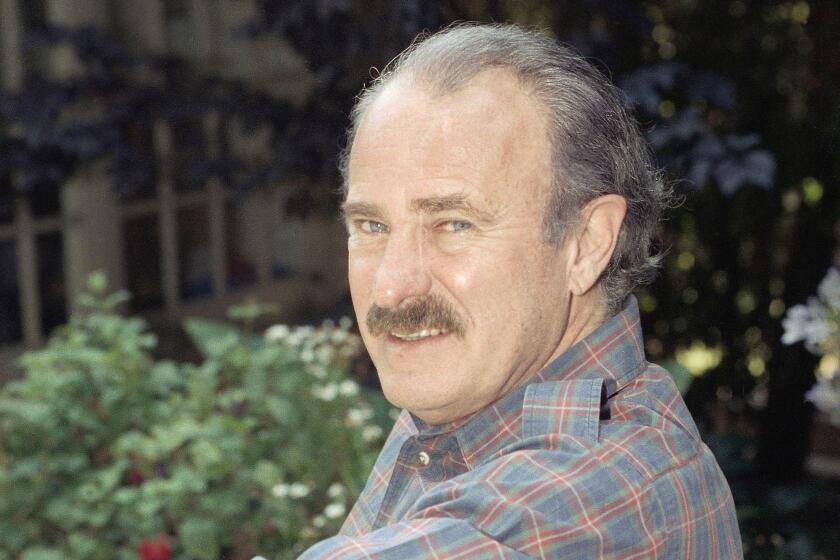The Evergreen Fields of Yellow Journalism : Media: When tabloids stop entertaining, people will stop buying them. Just don’t expect that to happen in your lifetime.
Television news . . . is under fire. The target is . . . a creeping tabloidization. . . . More or less respectable news programs are succumbing to the subjects and techniques of the gossip show . . . television journalists are chasing ratings.
--New York Times, 1994
The alliance of Tainted Tabloids and Respectable Press in the cause of banner headlines has produced an alien, grotesquely formed multi-being that includes television newsmagazines.
--Los Angeles Times, 1994
Even papers which seem safely beyond the reach of tabloid competition are alarmed by their mushroom growth and tend to imitate many of their most undesirable characteristics.
--New Republic, 1927
Nothing so disgraceful as the behavior of two of these newspapers this week has been known in the history of American journalism. Gross misrepresentation of the facts, deliberate invention of tales calculated to excite the public, and wanton recklessness in the construction of headlines which even outdid these inventions . . . it is a crying shame that men should work such mischief in order to sell more papers. . . . The reason why such journals lie is that it pays to lie. A yellow journal office is probably the nearest approach, in atmosphere, to hell, existing in any Christian state.
--New York Evening Post, 1898
The moment a wretch commits or is supposed to commit a murder, he becomes the hero of popular imagination . . . this growing sympathy in favor of all sorts of criminals, and this habit of making their crimes . . . illustrious by conferring fictitious importance on the perpetrators, are calculated to diminish our abhorrence of crime and encourage its commission.
--New York Courier and Enquirer, 1836
The Press is now employed by paper-wasters, by mercenary souls . . . who weekly utter, slanders, libels, lies, under the name of specious novelties . . . They are all accused of lying and of detracting from the reputation of the famous and the glorious.
-- Anonymous London pamphlet, 1645.
A modern supermarket tabloid editor once said that it didn’t much matter what the critics said about his newspaper. “We’re judged,” he carefully pointed out, “every week by the people who buy our product. If they don’t like what we’re doing, they just stop buying our newspaper. It’s that simple.”
In the end, it has always been that simple. When the tabloid product ceases to inform or entertain or amuse or satisfy, then no one will buy it and the media will move on to other ways of doing business.
But don’t hold your breath waiting for this to happen. It was good enough for our ancestors 300 years ago and it’s a good bet that it will be good enough for our progeny 300 years from now.
The complete guide to home viewing
Get Screen Gab for everything about the TV shows and streaming movies everyone’s talking about.
You may occasionally receive promotional content from the Los Angeles Times.



